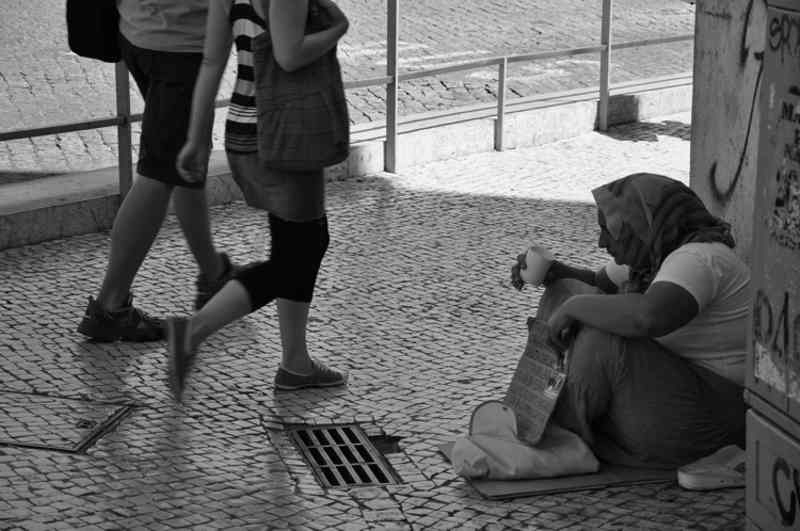


Scientific Director Luiz Eugênio Mello is taking part in a group charged with providing scientific support to the United Nations Research Roadmap for the COVID-19 Recovery (photo: Wikimedia Commons)
Published on 03/19/2021
Agência FAPESP – Scientific Director Luiz Eugênio Mello is representing FAPESP on the Social Protection Steering Group comprising international research funders and created to provide scientific support to the United Nations Research Roadmap for the COVID-19 Recovery, ensuring that national and international socioeconomic recovery strategies are informed by scientific evidence and early lessons from the global response to the pandemic. The final roadmap will be published in September 2020.
Luiz Mello was invited to join the steering group by Steven J. Hoffman, Scientific Director of the Institute of Population and Public Health at the Canadian Institutes of Health Research (CIHR). Hoffman was appointed by UN Deputy Secretary-General Jan Eliasson to lead the development of the roadmap, a global effort to identify research priorities that will support an equitable recovery and continued progress towards the Sustainable Development Goals (SDGs).
“This process will include outreach to research funding organizations, implementation leaders and researchers in order to identify and articulate the research needed to support local, national, regional and global decision-makers in their work to rebuild and strengthen following COVID-19,” Hoffman said.
The UN Research Roadmap will aim to help align research and funding efforts within five priority areas: protecting health services and systems; ensuring social protection and basic services; protecting jobs, small- and medium-sized enterprises, and informal sector workers; supporting macroeconomic responses and multilateral collaboration; and strengthening social cohesion and community resilience.
“FAPESP’s participation evidences its relevance on the Brazilian scene,” Mello said. “The goal of rebuilding employment will be pursued in the context of a deep-seated change in formal work relationships that is contributing to the establishment of new relationships, with profound implications for society. Many opportunities are emerging and can be leveraged via programs FAPESP already has in place, such as its Public Policy Research Program and PIPE [Innovative Research in Small Business Program]. As we discuss joint strategies at the global level, we will make sure science is a key weapon in the fight not just against COVID-19 but also against its dramatic indirect consequences.”
In addition to FAPESP’s Scientific Director, eight or nine representatives of other research funding agencies from around the world will be part of the Social Protection Steering Group. Its tasks will be to identify gaps in COVID-19 recovery-related knowledge and articulate global research priorities to address these gaps.
Source: https://agencia.fapesp.br/33872